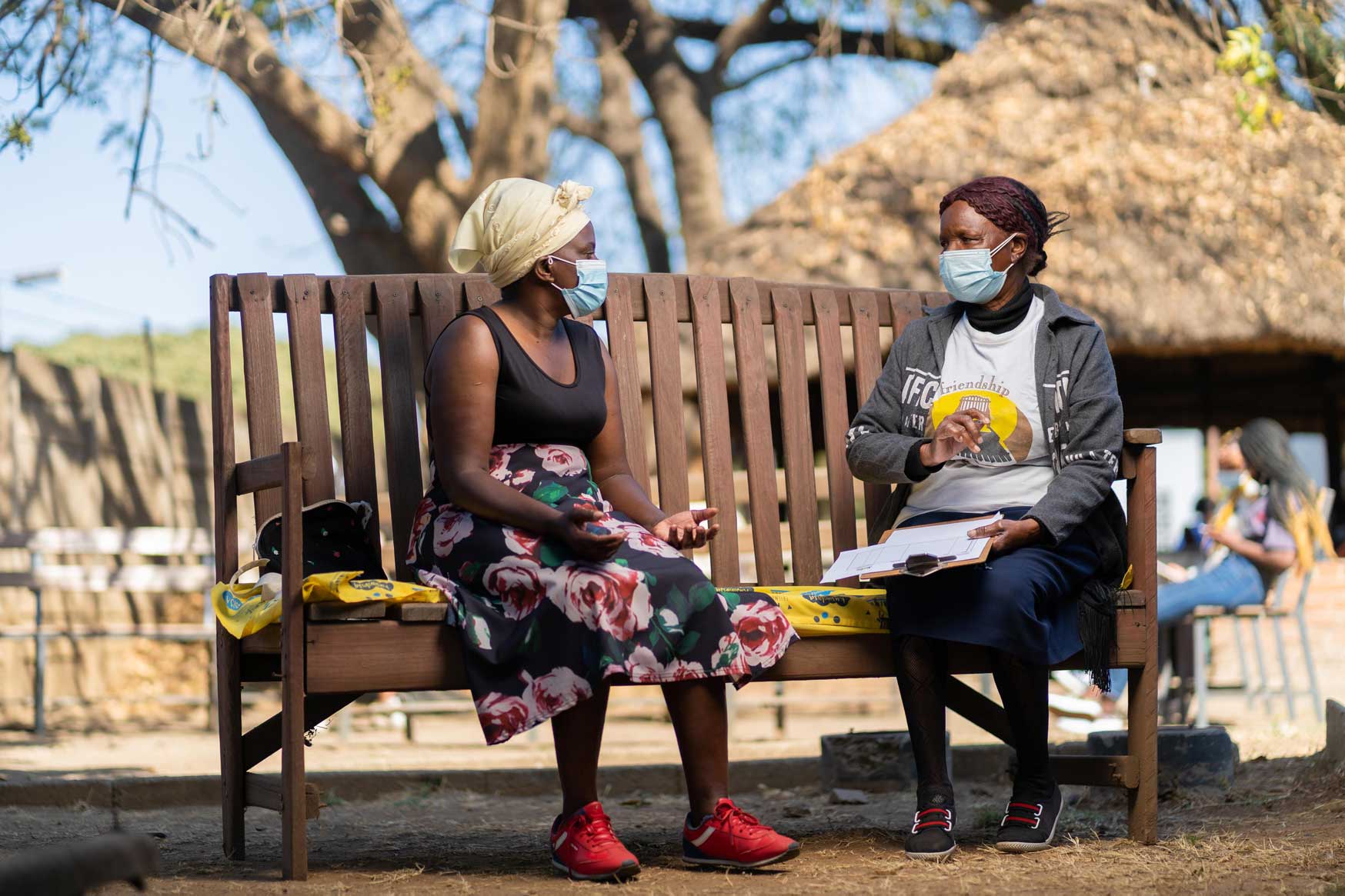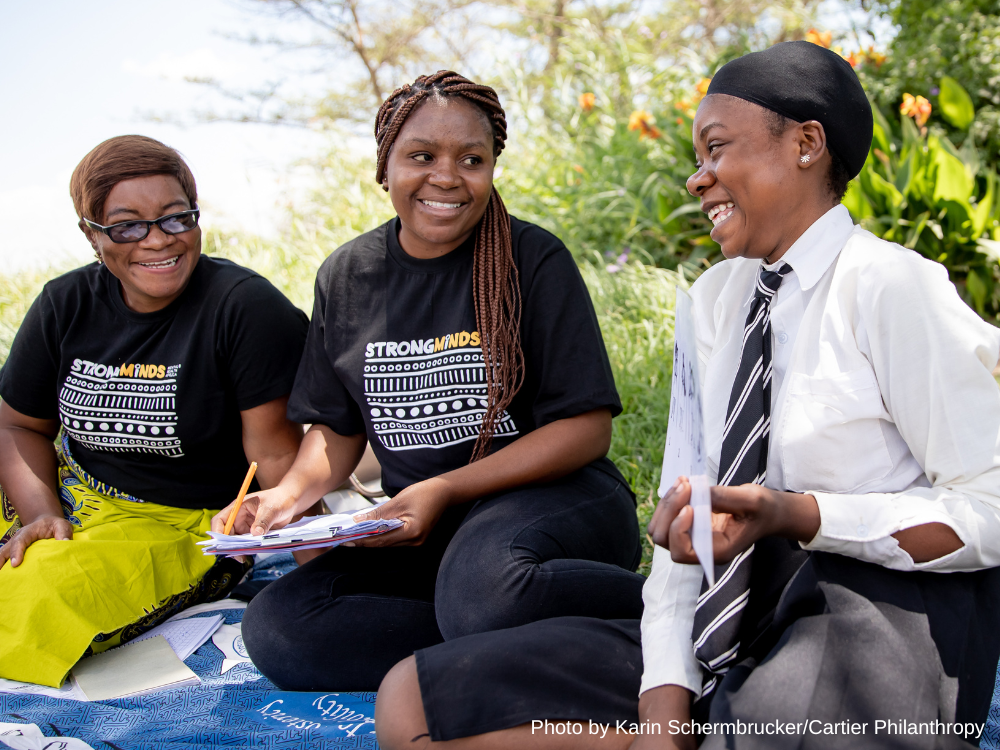This op-ed originally appeared in Daily Herald on July 8, 2023.
Can we really expect the estimated 45,000 psychiatrists in the United States to treat the mental health needs of the entire country? That equates to about 135 psychiatrists per 1 million people.
These numbers are troubling considering 19.2% of adults had received some form of mental health treatment in the past 12 months and illustrate the country’s severe shortage of mental and behavioral health professionals.
To combat these egregious mental health shortages, more mental health professionals need to be recruited, trained and licensed. Doing so will take years. And once these professionals enter the workforce, the cost of these years of training often makes their services too high for many to afford.
How to bridge the gap? Counterintuitively, countries with even worse mental health professional shortages may have answers.
Friendship Bench, a nonprofit in Zimbabwe, has pioneered community-based care to provide mental health care. It recruits middle-aged and older women and teaches them how to identify and treat depression and anxiety using problem-solving therapy, which helps individuals acquire the skills to create solutions to the issues they experience.
Since Friendship Bench’s inception, more than 1,600 individuals have received training, and 158,000 people have received services. The care received by participants has been effective, as illustrated by a 2016 study. During this study, patients were assigned to either receive treatment via Friendship Bench or receive care through standard psychiatric avenues. After six months, 14% of those who utilized Friendship Bench were still depressed compared to 50% of those in the standard care group.
StrongMinds, providing services in Uganda and Zambia, trains laypeople to lead group talk therapy sessions as a way to treat women with depression. It is estimated that the treatment StrongMinds provides, at a cost of $248, is so effective that it may prevent a year of severe major depressive disorder.
Community-based health care — where laypeople who undergo short training provide short-term mental health interventions in community locations like homes or parks — has been touted as an avenue to effectively treat large swaths of people. It also emphasizes cultural context in a way that licensed professionals usually aren’t trained to do. And because people can offer service without years of training, providers can come online quickly and offer services at lower costs.
This model is inexpensive to operate, easy to scale and incredibly effective.
It is important to note that community-based care professionals should not replace psychiatrists and should primarily be used to treat mild cases of common disorders. Practitioners of these approaches should act only within a defined scope of practice and cultivate relationships with other mental health professionals, so that they may easily refer patients that fall outside of their expertise.
Various states are promoting community-based care to address the mental health gap by reaching people who can’t afford to pay for a licensed professional, with a focus on serving Black people, Indigenous people and other people of color.
Some of these programs are already being adopted within the United States. For example, Friendship Bench has made its way to New York City, and StrongMinds is setting up a pilot in New Jersey. Utah should be the next state to explore these innovative and effective treatment options, and Utah’s lawmakers should explore ways to deregulate barriers to this treatment option via avenues such as occupational licensing reform.







